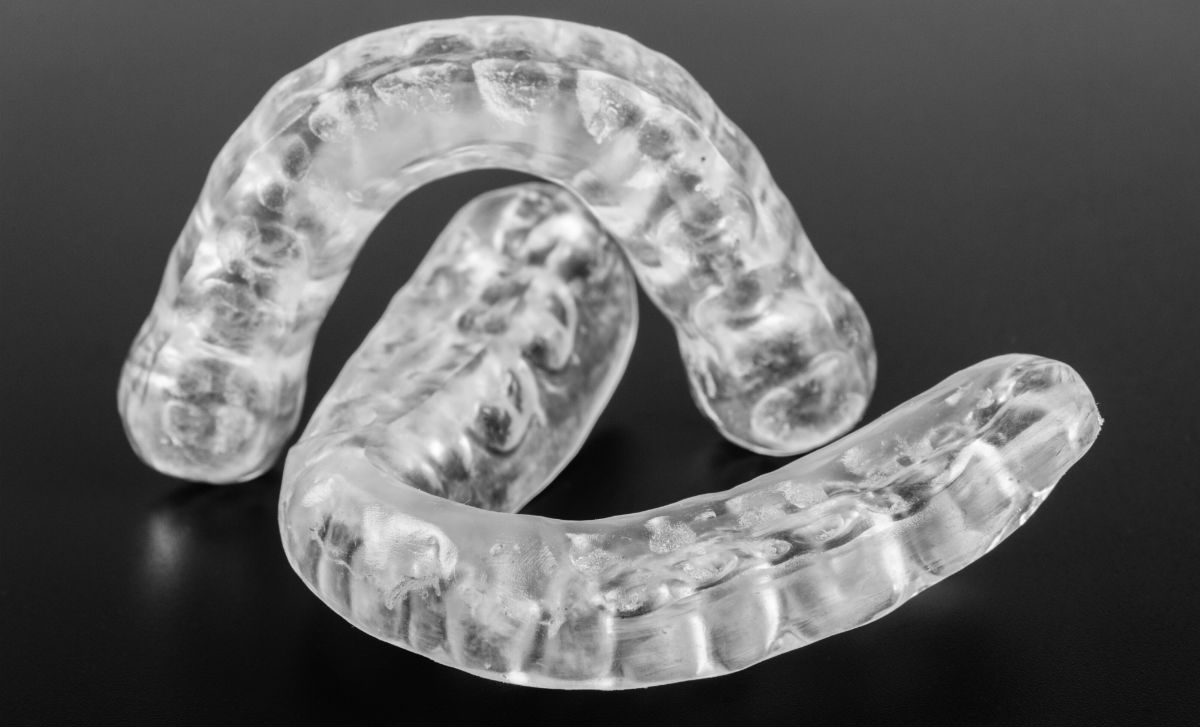
Bruxism is a condition that effects 10-15% of the US population. It is the act of clenching the jaw or grinding the teeth during ones sleep. A number of factors can cause Bruxism, such as other sleep disorders, use of tobacco, alcohol or other psychoactive substances, or stress. Young people are also more likely to have this condition.
This condition comes with complications. Here are five major problems that can be caused by Bruxism (or associated with the condition), and how we can fix it.
1 – Damage To Teeth: The constant pressure on teeth during sleep can lead to severe damage to your teeth, crowns, implants, and other dental wear. Sometimes it can even cause you to lose teeth over time. Chips, cracks, and loosening of teeth from gums are not uncommon. Neither is the overall straightness of teeth being compromised, leading to a crooked smile.
2 – Mouth Pain: Pushing teeth together can wear them down, or put pressure on the nerve endings within the gums. That is why so many people who suffer from Bruxism first notice a problem when their teeth or gums begin to ache. In severe cases brushing can cause extreme pain and bleeding.
3 – Headaches: Stress to the temples due to jaw clenching can cause frequent headaches, especially upon first waking up. For those who are also prone to migraines, Bruxism may be enough to trigger them.
4 – Jaw Pain: The jaw can also become very tender, and the muscles within it worn and exhausted. Sometimes the jawline or top of the neck may swell. If left untreated, jaw pain can escalate to TMJ disorders, which can make the jaw lock up, or pop when moving.
5 – Development Of Other Sleep Disorders: Bruxism is often associated with other disorders, and one may be a factor in the development in another. Sleep apnea, insomnia, difficulty remaining asleep, snoring, and many other issues may occur if the patient has Bruxism.
How To Address Your Bruxism
The first step we’ll take when we discover a patient is dealing with Bruxism is to make a custom nightguard. This will provide a set place for your teeth that keeps them from grinding against one another at night. It will also act as a cushioned barrier between teeth to help ease the ache in your teeth that come from clenching your jaw through the night.
Lifestyle changes may be necessary if you’re dealing with Bruxism. These include cutting out alcohol or caffeine, quitting smoking, stopping a medication (with the help of the prescribing doctor), dietary changes, and increase of exercise. A stress management program may also be implemented.
If you think you’re experiencing symptoms of Bruxism, contact us at St George Smiles so we can help you.



Leave a Reply